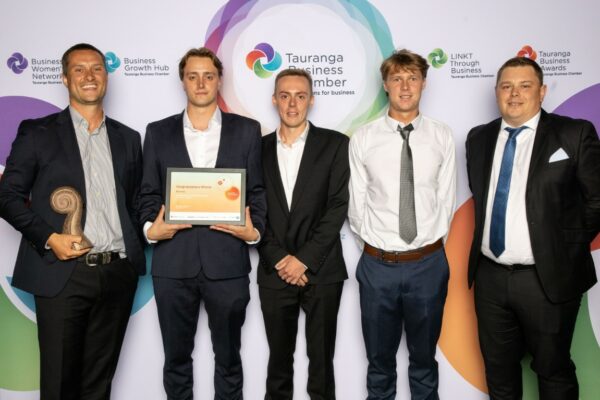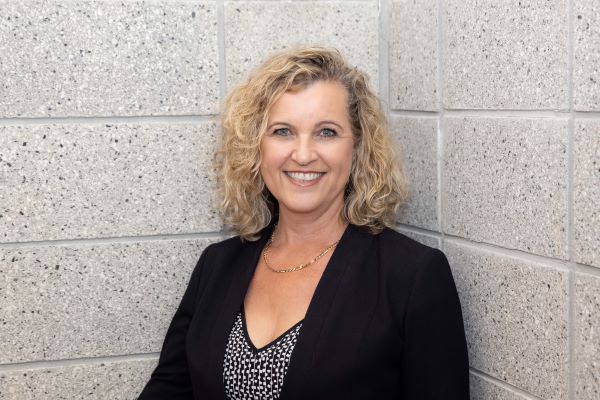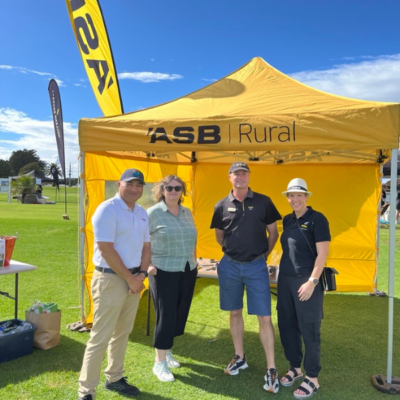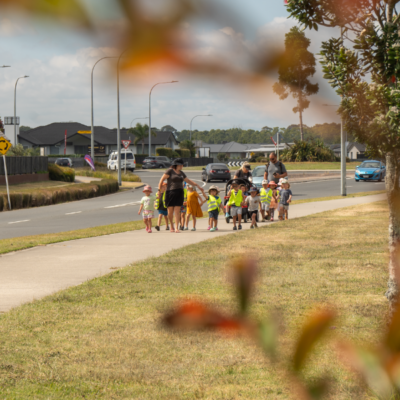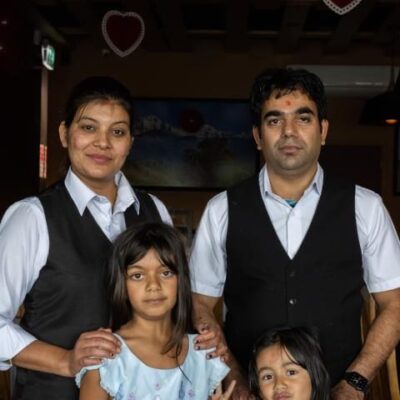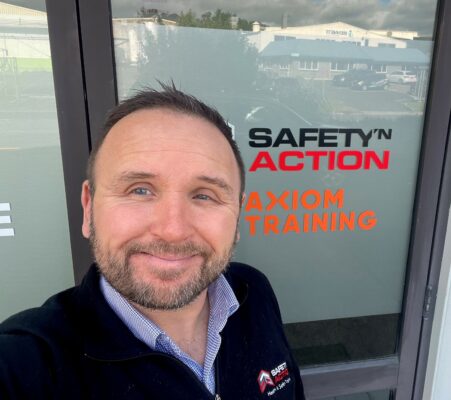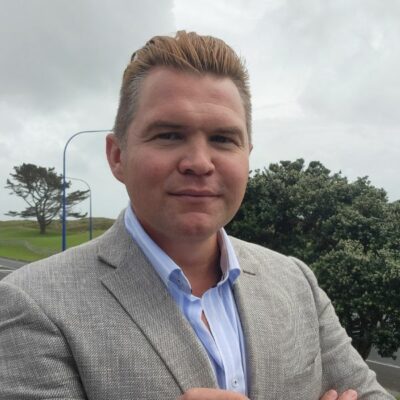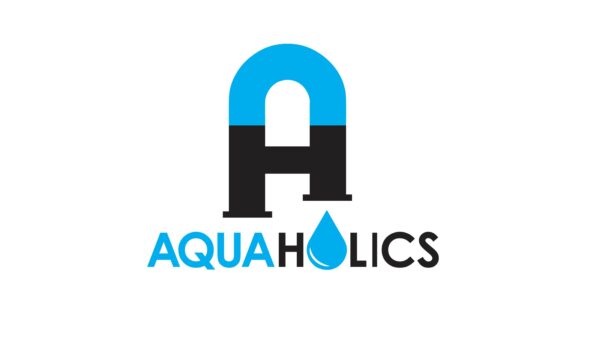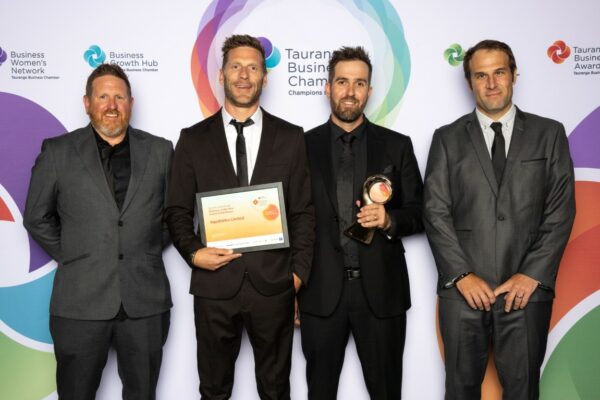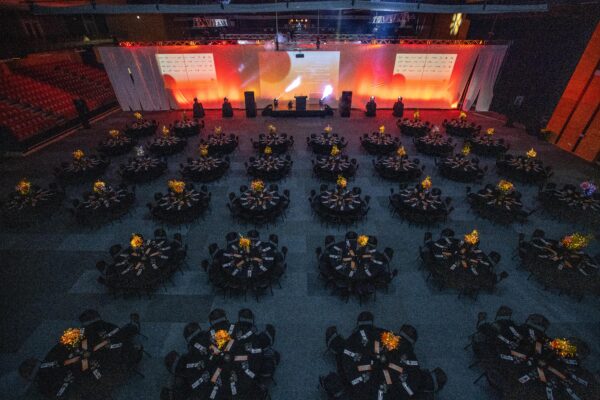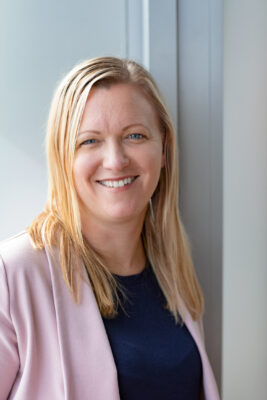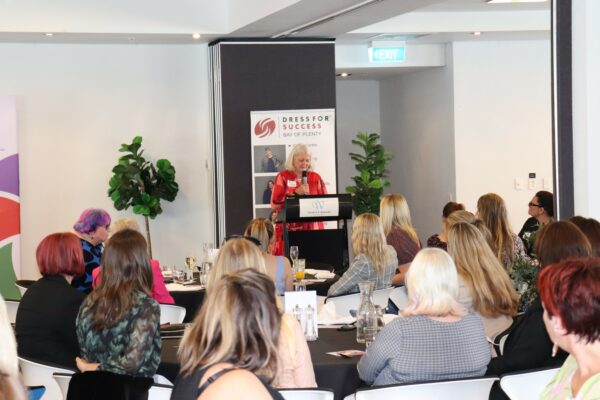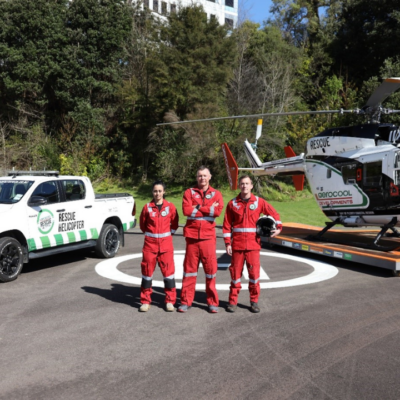
As input costs for electricity, labour, and materials continue to rise, businesses across New Zealand are feeling the squeeze.
Whether you’re in industry, small business, or a residential consumer, the current electricity crisis is impacting everyone. Combined with the lingering effects of the pandemic on labour and materials costs, businesses now face yet another formidable challenge.
The recent news of Winstone Pulp International, a major industrial player in the Central North Island, halting its operations is a stark reminder of the challenges ahead. It could well be the first sign of more difficulties to come.
For exporters aiming to establish or expand in foreign markets, these escalating costs present a significant competitive disadvantage. Similarly, businesses focused on the domestic market must contend with increasing pressure from lower-cost imports.
Consider this: New Zealand continues to fall further behind its trading partners in key productivity measures. According to the latest Stats NZ data:
- Labour productivity fell by 0.9% last year.
- Capital productivity declined by 3.8%.
- Multifactor productivity, which accounts for technological advances, efficiency gains, and economies of scale, dropped by 2.2%.
If your business is grappling with rising costs, how do you stay competitive? The structural infrastructure deficits in our country, particularly in electricity generation, are major obstacles to productivity. While addressing these issues lies within the purview of government, businesses can and should still take action.
Boosting productivity means doing more with the same resources, and one key strategy is to eliminate waste. With the cost of electricity, labour, and materials on the rise, can your business afford to be inefficient? If you’re not actively working to improve productivity and reduce waste, you risk falling behind in the market.
Fortunately, many businesses in Tauranga have adopted structured approaches to enhance their productivity and competitiveness. Companies like Bluelab, Oasis Engineering, and Trimax Mowing Systems are leading by example. They understand that wasting precious resources is not an option – and neither should it be for your business. A productivity resurgence in our region is essential to securing a prosperous future for the next generation.
So practically, what are some examples of what these Tauranga businesses have done to raise productivity? It’s common sense that is unfortunately not always common practice. Here are three examples:
- Ensuring information and materials are easy to access, correct and unambiguous – by organising the physical and virtual workplace using Lean practices such as 5S (“a place for everything, and everything in its place”).
- Studying the internal and external defects and eliminating these to root cause, thereby creating a ‘right first time’ mindset and reducing rework and scrap costs.
- Streamlining and load-levelling the work to ensure staff are maximising their time on value-adding tasks, eliminating waiting times and increasing their utilisation and therefore their productive output.
If you’re just beginning your productivity journey, the most important step is to understand what improvements are both beneficial and achievable for your organisation. The question isn’t where to start, but when – and the answer is now.
To learn more about staying competitive through improved productivity, join us at the Tauranga Business Chamber event, facilitated by Productivity People, on the 24th of October.
